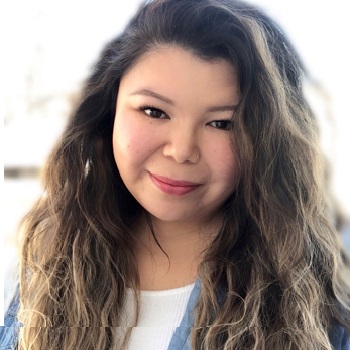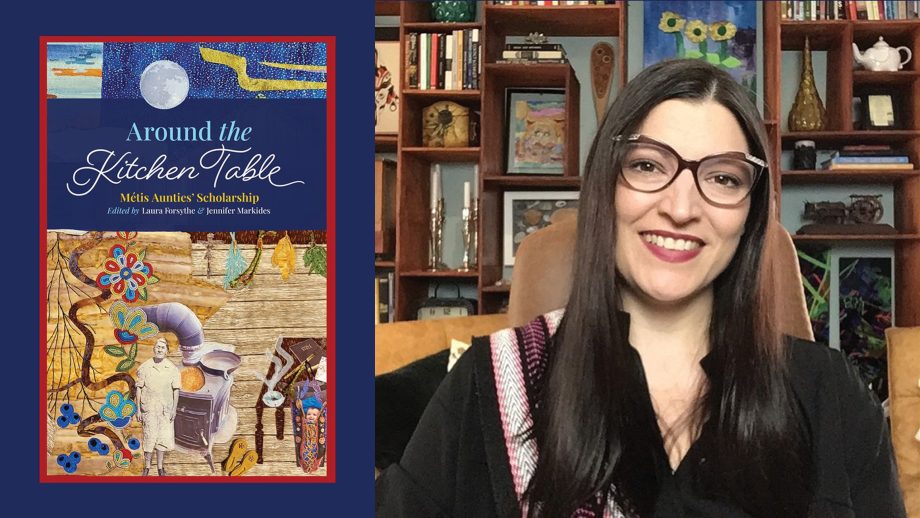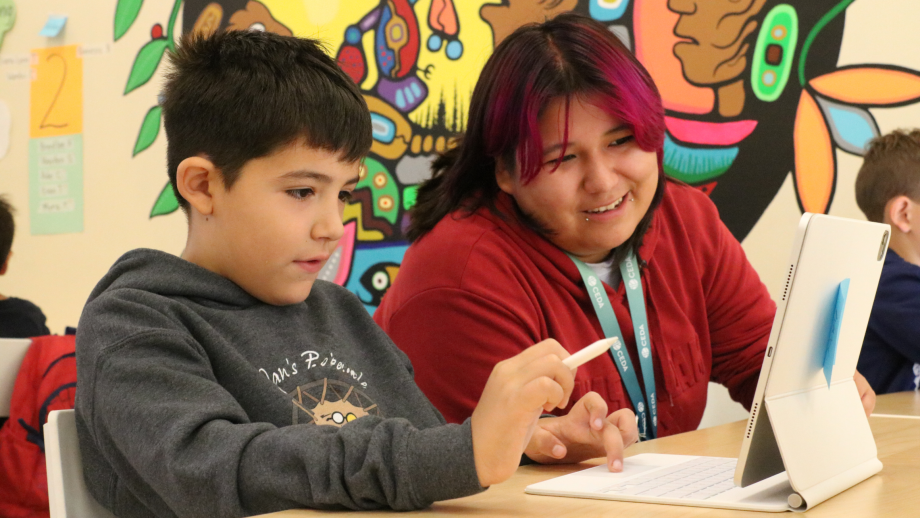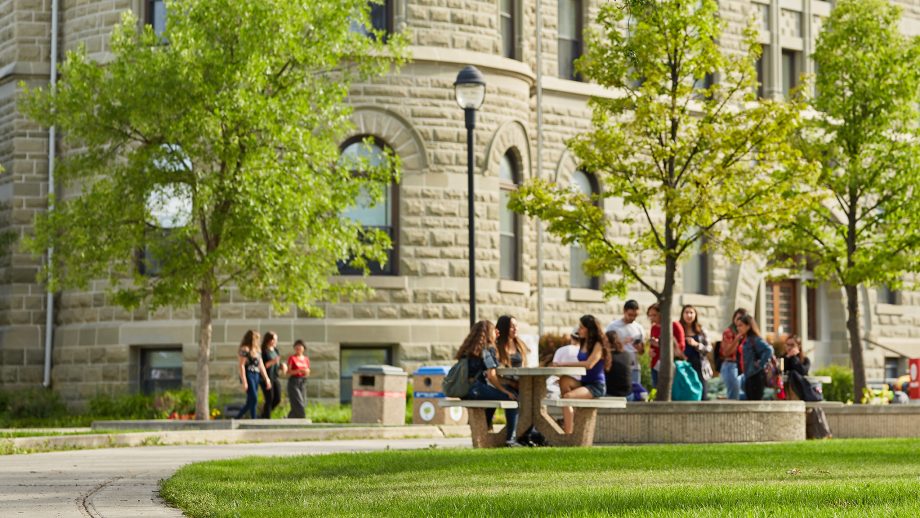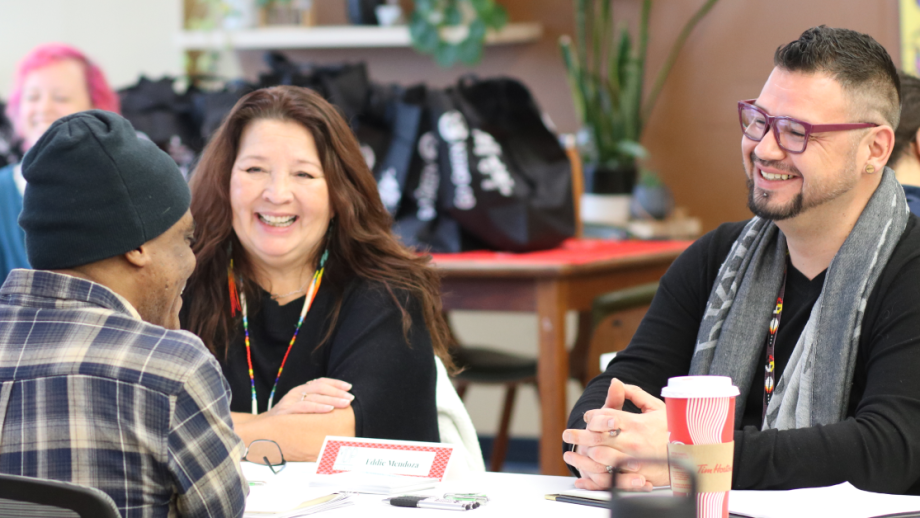Amy Jackson is working with Dr. Mark Ruml, from the Department of Religion and Culture, on Indigenous Spiritual Biography as the Matrix for Truth and Reconciliation as part of The University of Winnipeg’s Indigenous Summer Scholars Program (ISSP).
She is thankful for the opportunity to spend her summer expanding her knowledge.
“ISSP is a great opportunity to discover and learn new skills that I can apply in the future.” she said.
Spirituality and reconciliation
Interviewing spiritual leaders and healers in southern Manitoba, she will take what she learns from their personal stories to better understand the connection between spirituality and reconciliation.
“This research is not asking questions about the historical trauma of residential schools, racism, or colonization. That important work has been carried out by the TRC,” said Ruml. “We intend to document the influence that the healers and spiritual leaders have had as healers, role models, and spiritual teachers by gathering testimonies, through interviews and social media, from individuals who have been impacted by them.”
Jackson, who grew up on Opaskwayak Cree Nation in northern Manitoba, hopes these interviews will not only inform her research, but also provide deep personal lessons to help her understand Indigenous traditions and teachings.
“My mother is a residential school survivor, and her mother before her and so on,” shared Jackson. “As a result, I grew up largely disconnected from access to traditional knowledge, language, and teachings. I feel as though this project, while academically exciting, is also an opportunity to receive wisdom.”
Respectful methodology
ISSP is a great opportunity to discover and learn new skills that I can apply in the future
Amy Jackson
To properly interpret and report on these stories, Jackson spends a lot of time reading, listening, and learning respectful methodology based on traditional spiritual teachings and processes. She had planned to gain some of this understanding by attending ceremonies, such as sweat lodges and pipe ceremonies. Due to COVID-19, some of these events are on hold, but Jackson and Ruml continue to explore alternative avenues of research, such as reviewing biographies of spiritual leaders.
“Through this research, and conversations with Dr. Ruml, I have come to a deeper understanding of how we must not compromise in treating personal stories as sacred,” said Jackson.
Although they haven’t been able to conduct interviews yet this summer due to COVID-19, Ruml is developing a safety protocol and will be consulting with the project’s Indigenous Advisory Circle in hopes of proceeding with interviews before the summer is done.
“Members of the Indigenous Advisory Circle are busy preparing for their annual Sundance Ceremony and are occupied with keeping all who attend this ceremony safe. This is important work that we don’t want to distract from, so we will connect with them after the ceremony,” explained Ruml. “Meanwhile, Amy is doing a fantastic job familiarizing herself with the literature and electronic media related to Indigenous spiritual biography and other preparatory work important for contextualizing the interviews.”
When she’s not examining electronic and print media for information related to the spiritual biography of the interviewees and gathering maps and other information related to their community and its history, she can be found reading, cooking, and learning new fiddle tunes.
“I am often with a book,” she said. “This summer I am attempting to read every book written by Richard Wagamese.”
Hosted by UWinnipeg’s Faculty of Graduate Studies, ISSP strengthens the pathways for Indigenous students to move into advanced study and, ultimately, into leadership roles in various sectors. Scholars are paired with faculty members, many of whom are involved in Indigenous research.
The summer scholars receive training stipends to participate in the program, which consists of a series of workshops and discussions exploring a variety of research skills, in addition to the opportunity to practice and hone those skills in a specific research project.

